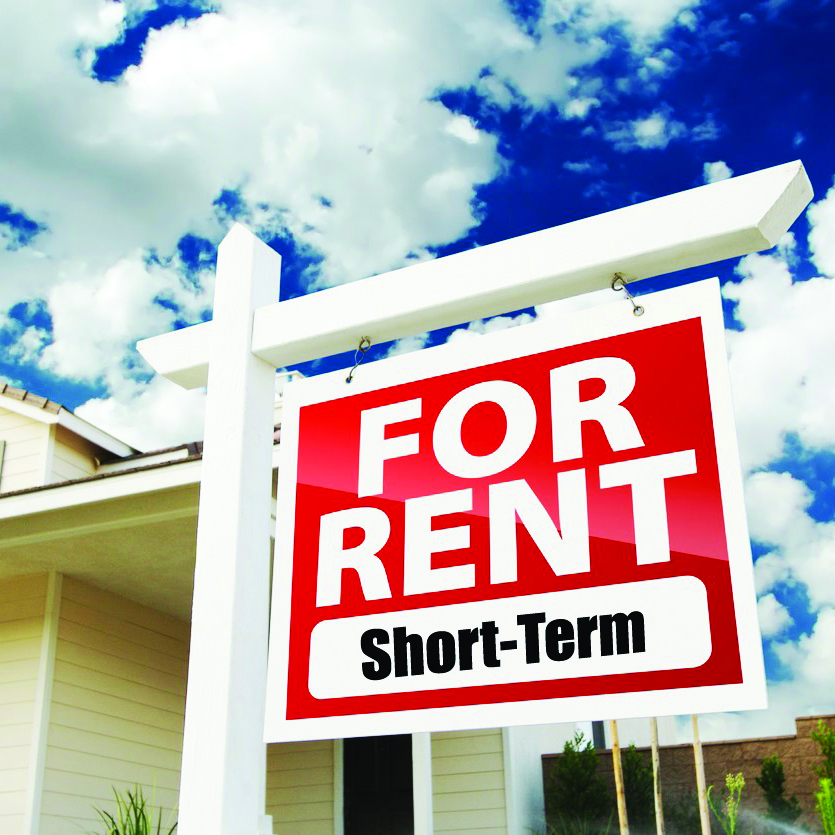Several cities in Ontario have implemented strict regulations or outright bans on short-term rentals, including Airbnb. These regulations are typically aimed at addressing issues like housing shortages, neighborhood disruption, and maintaining the residential character of communities. As of the most recent updates, the following cities have notable restrictions or bans on Airbnb and other short-term rentals:
Toronto: Toronto has stringent regulations for short-term rentals. Hosts are required to register with the city and can only rent out their principal residence for up to 180 nights per year.
Mississauga: Mississauga allows short-term rentals only in an operator’s primary residence. Hosts must also register with the city and adhere to specific rules and regulations.
Ottawa: Ottawa has regulations that limit short-term rentals to a host’s primary residence. Hosts must register with the city and obtain a permit.
Niagara-on-the-Lake: This city has strict rules for short-term rentals, including specific zoning requirements and licensing.
London: London requires hosts to obtain a license and follow various regulations. Short-term rentals are limited to the host’s primary residence.
Prince Edward County: This area has regulations in place that require hosts to register and adhere to specific guidelines for short-term rentals.
Markham: Markham has imposed regulations on short-term rentals, including a requirement for operators to register and obtain a license. Short-term rentals are allowed only in the operator’s primary residence.
Vaughan: Vaughan requires short-term rental operators to register with the city and adhere to specific guidelines. The city has also imposed restrictions on the number of days a property can be rented out.
Oakville: Oakville has introduced regulations that limit short-term rentals to primary residences. Hosts must register and comply with various requirements set by the city.
Richmond Hill: Richmond Hill has regulations in place that require short-term rental operators to register with the city and ensure that the rental property is their primary residence.
Kingston: Kingston has implemented a licensing system for short-term rentals and requires operators to register with the city. There are also zoning restrictions that dictate where short-term rentals can operate.
Brampton: Brampton has introduced regulations for short-term rentals, including licensing requirements and restrictions on renting out non-primary residences.
Waterloo: Waterloo requires short-term rental operators to obtain a license and comply with specific rules, including limitations on the number of rental days and ensuring the property is the operator’s primary residence.
Burlington: Burlington has regulations that require hosts to obtain a license for short-term rentals. The rules also include limitations on renting out properties that are not the host’s primary residence.
Hamilton: Hamilton has implemented a licensing system for short-term rentals. Operators must ensure their rental properties comply with zoning bylaws and other municipal regulations.
St. Catharines: St. Catharines has regulations requiring short-term rental operators to register with the city. The rules aim to balance the needs of the tourism industry with residential concerns.
Windsor: Windsor requires short-term rental operators to register and obtain a license. The city has specific regulations to ensure that these rentals do not negatively impact residential neighborhoods.
Guelph: Guelph has put in place regulations that mandate short-term rental operators to obtain a license and adhere to specific guidelines to operate legally within the city.
Blue Mountains: The Town of Blue Mountains has strict regulations for short-term rentals, including licensing requirements and zoning restrictions to manage the impact on the local community and housing market.
Stratford: Stratford has regulations requiring short-term rental operators to register and comply with local bylaws, focusing on maintaining the character of residential neighborhoods.
Niagara Falls: Niagara Falls has stringent rules and licensing requirements for short-term rentals, aiming to manage the impact on the housing market and ensure neighborhood stability.
Collingwood: Collingwood requires short-term rental operators to obtain a license and adhere to regulations designed to protect community integrity and manage the impact on housing availability.
These cities have put these measures in place to balance the benefits of tourism with the need to protect housing availability and community integrity. Always check the latest local regulations, as policies can change.
These are just some of the cities that have implemented these rules. For more information, contact me

